Boost Your Siding Bids – Request a Precision Estimate!
- Accurancy
- Efficiency
- Transparency
- Customization
- Time Saving
- Professionalism
- Cost Control
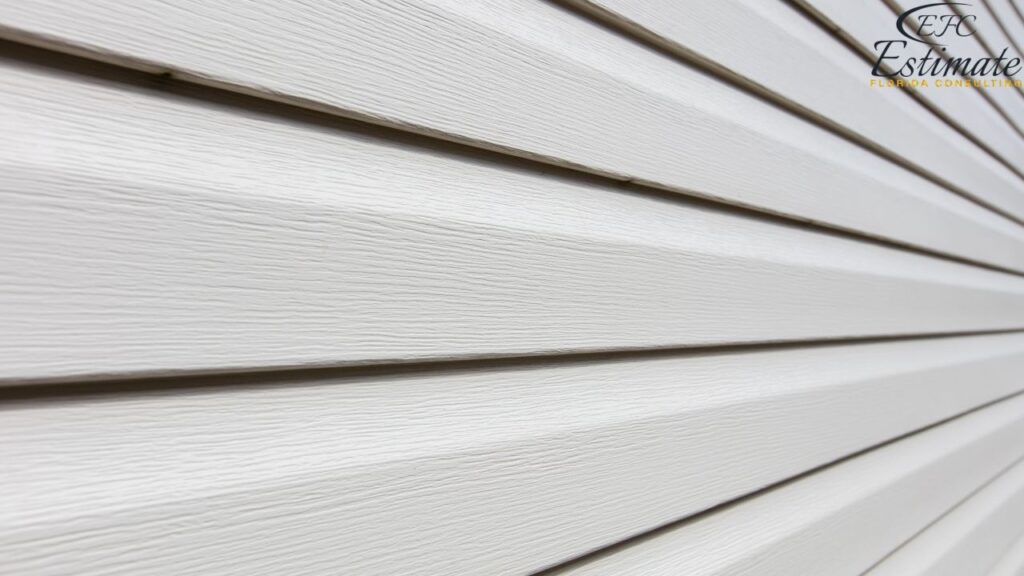
The cost to replace siding can vary widely, averaging around $12 per square foot but ranging from $2 to $50 per square foot for both commercial and residential properties. For a typical 2,500-square-foot home, the total replacement cost can range between $10,000 and $32,500. At Estimate Florida Consulting, we specialize in providing accurate estimates tailored to your project’s needs. Whether you’re a homeowner or managing a commercial property, our team is committed to helping you plan and budget effectively for your siding replacement.
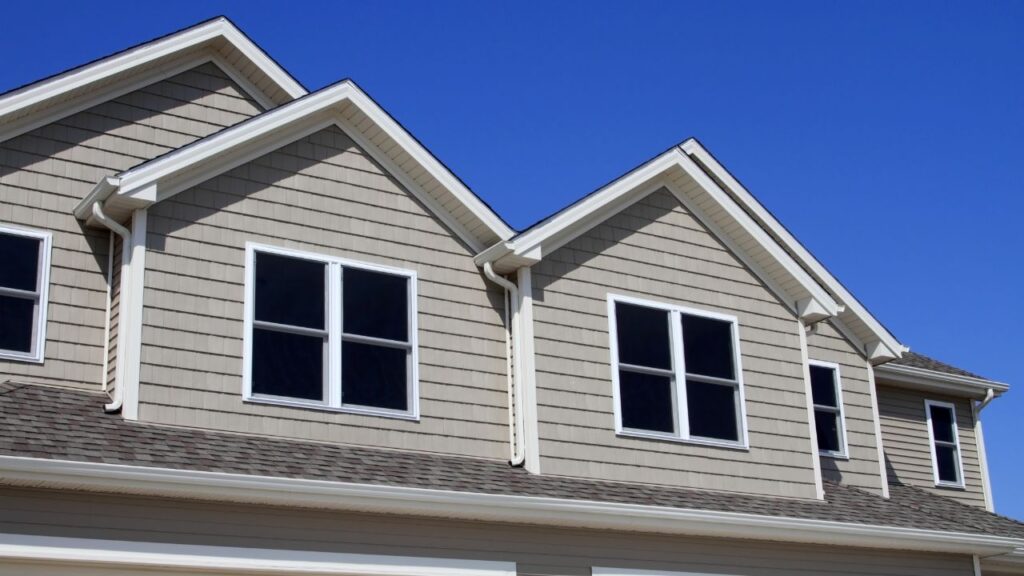
When it comes to replacing your home’s siding, there are numerous considerations to take into account. Given the unique shape, style, and size of each property, it’s essential to weigh multiple factors before settling on the appropriate material. Your contractor will play a crucial role in determining the final costs. It is advisable to interview at least three local siding contractors to obtain accurate estimates.
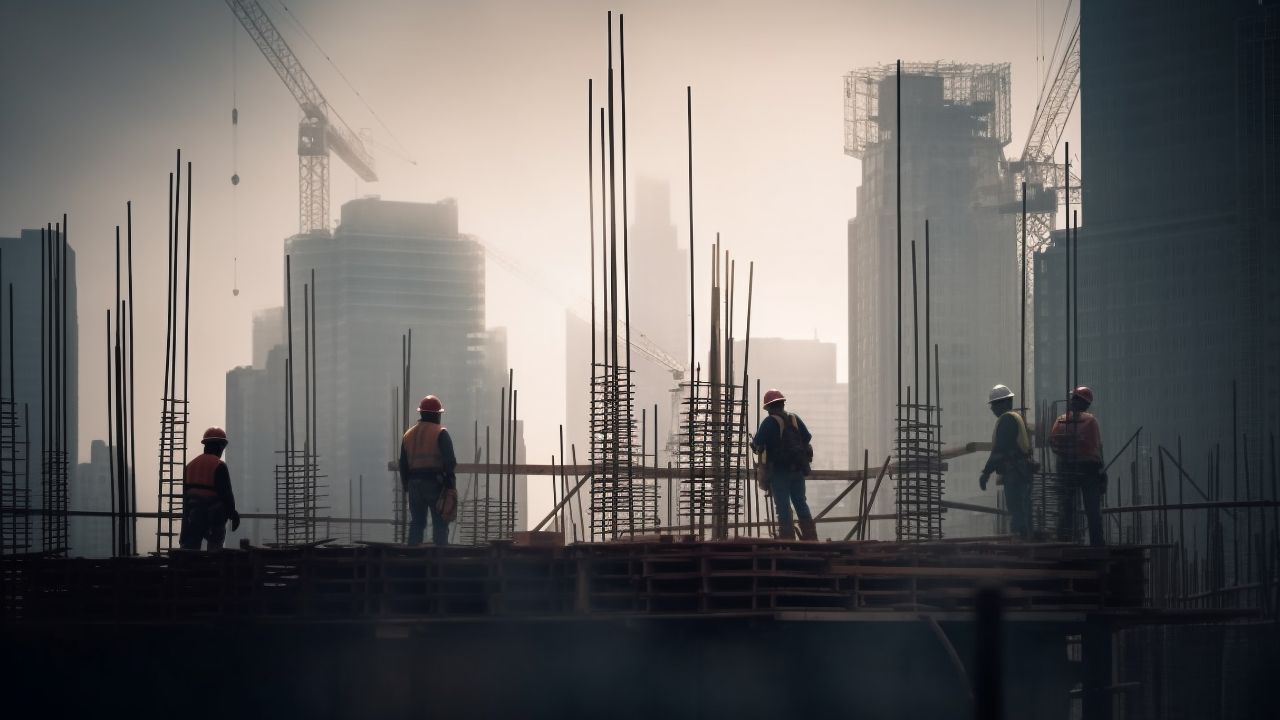
Make Informed Design Decisions Showcase Your Design Ideas
Get RenderingThe size of your home directly impacts the replacement cost. A larger house requires more materials and additional time for installation. Below is a breakdown of potential budget variations between common siding options and their premium counterparts.
Home Size (Square Feet) | Average Cost for Siding (Vinyl, Wood, Aluminum, Fiber Cement) | Average Cost for Brick or Stone Siding |
1,000 | $2,000 – $27,000 | $18,000 – $100,000 |
1,500 | $3,000 – $40,500 | $27,000 – $150,000 |
2,000 | $4,000 – $54,000 | $36,000 – $200,000 |
2,500 | $5,000 – $67,500 | $45,000 – $250,000 |
3,000 | $6,000 – $81,000 | $54,000 – $300,000 |
The expenses associated with replacing siding in a two-story residence are 15% to 30% higher compared to a single-story ranch-style house. The presence of an additional level necessitates the use of extra equipment, such as scaffolding, leading to increased labor time and additional costs.
The shape of your home significantly influences replacement costs. A straightforward box-shaped home generally incurs lower expenses compared to a neighbor with custom-built features like a turret. For multiple-story homes, the added complexity requires more time and labor, contributing to higher overall costs.
Typically, homeowners invest an average of $15,000 for siding replacement. Viewing siding as a long-term investment is crucial. While inexpensive materials may appear appealing initially, opting for lower-end options can lead to additional expenses for a subsequent round of siding after only a few years. Quality siding, when properly installed, ensures decades of home protection, outperforming lower-end alternatives in durability against weather and damage.
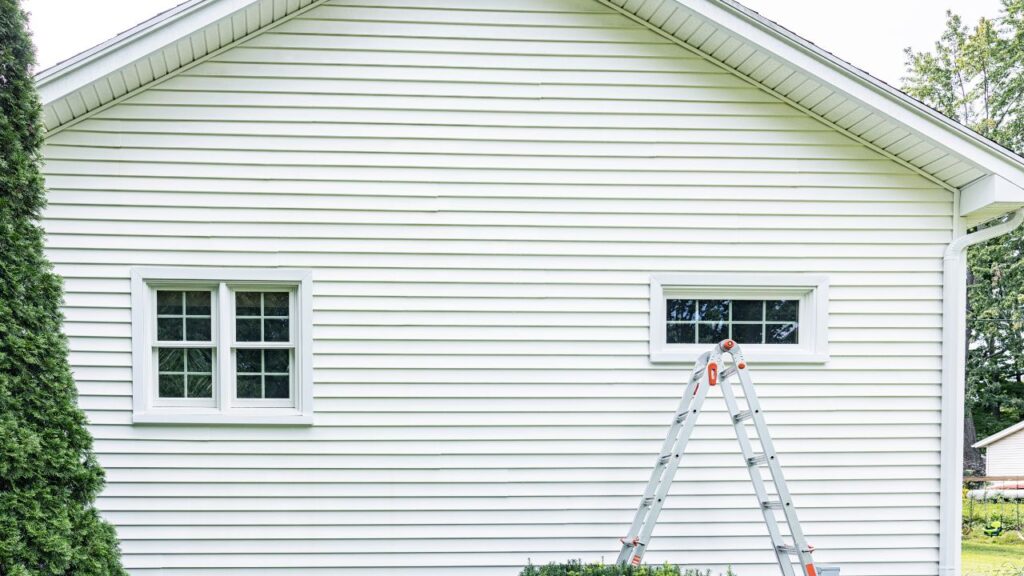
Considerations of home design also play a vital role in siding costs. Complex designs, varying stories, and unique features significantly impact the budget. More intricate house structures necessitate additional siding, custom cuts, and consequently elevate installation and material expenses.
Contractors often recommend removing old siding, incurring an extra cost, to address issues like pests, nests, and rot. However, layering new siding over existing material might be suggested to control budget escalation if the current siding’s age and condition permit, avoiding potential compromises in the final appearance.
The state of your existing siding directly affects replacement costs. Extensively damaged siding with chipping and wear requires more extensive removal and preparation, resulting in higher expenses. In contrast, well-maintained but slightly aged siding reduces preparation needs, thereby lowering costs.
Discuss off-season installation options with your contractor to potentially benefit from reduced prices and faster project completion. During periods with fewer clients competing for time, contractors may offer off-season discounts, providing savings irrespective of your home’s size.

Siding replacement costs vary across regions. Certain areas in the country may have lower average costs, while others experience higher prices. Here’s a glimpse of average costs in various popular U.S. regions.
City | Average Cost Range |
Boston, MA | $11,800 – $28,300 |
New York City | $10,300 – $25,500 |
Chicago, IL | $8,700 – $20,700 |
Los Angeles, CA | $4,200 – $12,100 |
Des Moines, IA | $9,600 – $14,900 |
Denver, CO | $9,000 – $22,200 |
Miami, FL | $2,800 – $8,300 |
The labor costs for siding installation typically range from $2 to $6 per square foot, contingent on the complexity of the installation and your geographical location. This equates to an average hourly rate of $50 to $90. While most contractors incorporate labor costs into their estimates, it is crucial to verify this during the hiring process. More intricate installations, such as applying siding on higher floors, will incur additional labor expenses.
Securing building permits can vary from $200 to $2,000, influenced by local government regulations and the nature of the project. Many siding endeavors necessitate the acquisition of appropriate local and state permits. Some minor siding projects might be exempt from permit requirements, so it’s advisable to consult with a professional siding installer or your local municipality for accurate information.
While envisioning the transformative impact of new siding on your home, it is crucial to be aware of the budget considerations associated with various replacement siding options. To assist in your planning, the following table highlights the increased costs for each siding type:
Siding Type | Cost per Square Foot Range |
Vinyl | $5 – $15 |
Stucco | $10 – $12 |
Wood | $2 – $20 |
Engineered Wood | $2 – $10 |
Aluminum | $5 – $10 |
Fiber Cement | $7 – $16 |
Brick | $15 – $25 |
Brick Veneer | $5 – $15 |
Stone | $10 – $35 |
Stone Veneer | $7 – $15 |
Vinyl siding is widely utilized due to its affordability and resilience, with costs ranging from $6,000 to $60,000. This siding option is exceptionally popular because of its cost-effectiveness, relatively manageable upkeep, and an extensive array of color choices.
In contrast to wood, vinyl siding eliminates the need for painting, saving you from spending your summer weekends on such tasks. However, it is crucial to ensure that your high-heat grill is positioned at a safe distance to prevent any potential warping or melting.
Weather conditions can impact vinyl siding, and vigilance is required to spot damage caused by high winds and drastic temperature fluctuations, leading to dents and cracks.
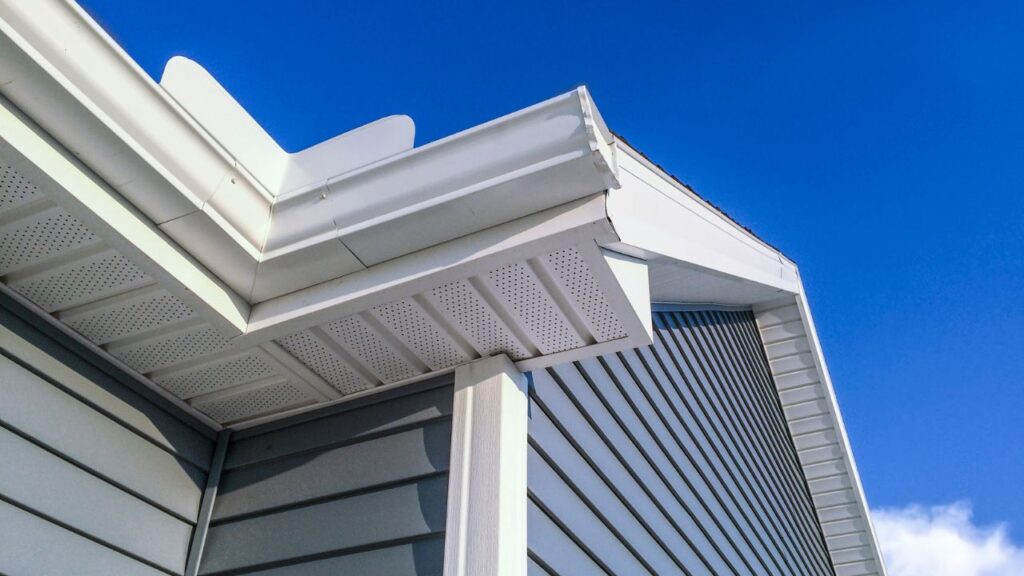
Despite its durability, vinyl siding is not entirely waterproof and could be susceptible to damage from forceful water, making pressure washing a more challenging endeavor. If high-power washing is recommended by the manufacturer, vinyl siding necessitates cleaning approximately once a year. Failing that, manual cleaning or employing a gentle hose spray becomes essential.
Derived from Ancient Greek and Roman traditions, stucco siding offers a textured, rustic aesthetic. Today, the cost of stucco installation, including labor and materials, ranges from $10,000 to $13,500, averaging around $12,025 for a standard 1,500-square-foot home.
Regular stucco upkeep involves cleaning with water and a damp nylon brush. Occasional power washing or hose cleaning is recommended. Stucco’s durability minimizes maintenance needs, and its energy efficiency contributes to temperature regulation, potentially reducing heating and cooling bills.
Wood siding, known for its classic appeal, can cost anywhere between $2,000 and $56,250, depending on the house size. Durable wood options like pine, spruce, cypress, and Douglas fir are popular choices, with cedar and redwood commanding higher prices due to enhanced rot resistance.
Wood siding, while visually appealing, requires regular maintenance. Homeowners should anticipate addressing rot, insect damage, warping, and cracking. A comprehensive refinishing or paint job every three to five years, costing $3,000 to $7,500, is also necessary.
For those dreaming of a mountain cabin aesthetic, full log siding, resembling wood siding, comes with an average cost of $15,400.
Engineered wood siding, a budget-friendly alternative to traditional wood, is priced between $2,000 and $20,000. Its affordability and customization options make it a popular choice.
How Much Does It Cost To Install or Replace Siding?
The national average cost for installing siding is $8,500 to $25,500, with most homeowners spending around $15,500 for 1,500 sq. ft. of cedar siding in a Dutch lap installation. The lowest cost for the siding installation is $5,500 for 1,500 sq. ft. of hollow vinyl siding installed. The high cost is $65,000 for 1,500 sq. ft. of solid stone siding professionally installed.
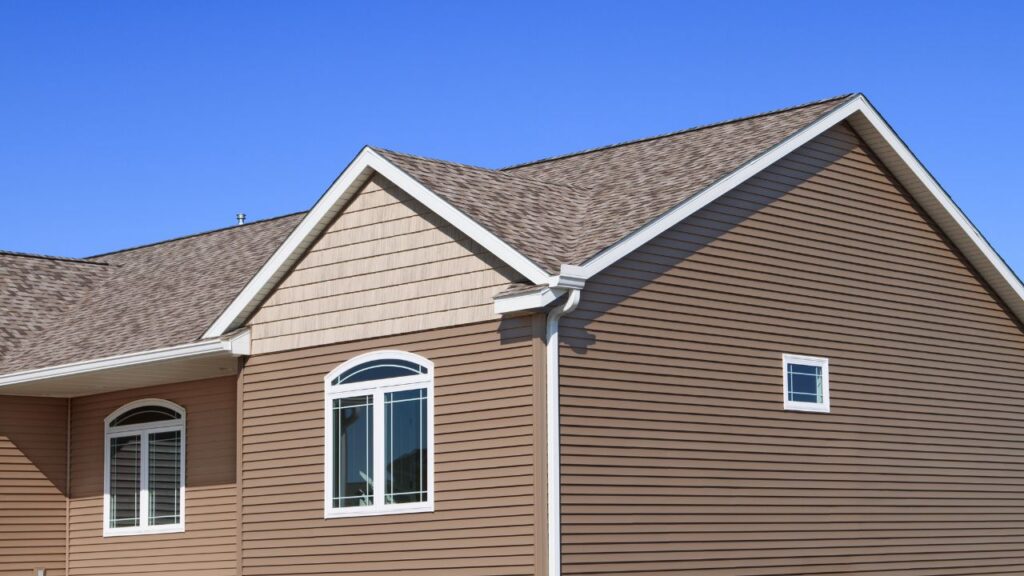
Engineered wood siding, treated with insecticide and fungicide, resists damage. However, incorrect installation can lead to moisture issues. Proper installation measures, such as using siding starter strips, correct nail length, and leaving sufficient space for expansion, are crucial.
Aluminum siding, favored in cold climates, ranges from $15,000 to $24,000. Its waterproof and insulating properties contribute to energy efficiency.
While aluminum siding offers insulation, it can be noisy during extreme weather. Scratches and dents are visible with debris or hail impact. Over time, color loss and a chalky hue may develop, making matching for repairs challenging.
Fiber cement siding, with a cost range of $7,000 to $45,000, provides a durable and affordable option resembling wood siding.
Fiber cement siding requires low maintenance but comes with higher installation costs due to its weight. Annual cleaning and occasional painting are recommended.
Brick siding, offering a classic and luxurious appearance, ranges from $15,000 to $90,000.
Maintenance-free and durable, brick siding resists rot and insects. It retains heat, making it less suitable for hot climates.
Brick veneer siding installation costs between $11,250 and $33,750. It is a decorative overlay option, imitating the look of brick.
Brick veneer siding requires occasional cleaning and sealing. It enhances insulation and has a lifespan of 70 to 100 years.
Stone siding, an elegant but premium choice, typically ranges from $10,000 to $90,000.
Durable and low-maintenance, stone siding resists mold, rot, and insects. It requires professional installation for longevity and has a lifespan of at least 100 years.
Stone veneer siding, with costs between $7,500 and $32,250, provides a cost-effective alternative to solid stone.
Stone veneer siding is long-lasting and energy-efficient, naturally insulating the home. Proper installation is crucial to prevent cracks and collapse.
Opting for a do-it-yourself (DIY) approach to siding replacement can result in substantial savings, ranging from $50 to $100 per hour in labor expenses. Your sole expenditures for a DIY project will be for the materials, the cost of which varies based on your preferences and can be higher. If the replacement is limited to a small section of damaged siding, your expenses will be further reduced. For example, vinyl siding repair kits can be obtained for $20 to $50. Additionally, it’s essential to allocate funds for any necessary new tools if they are not already in your possession.
The cost to replace siding varies widely, averaging around $12 per square foot. For a typical 2,500-square-foot home, the total replacement cost can range between $10,000 and $32,500.
Several factors influence the cost, including the size of the residence, home characteristics, material selection, architectural design, removal of old siding, old siding condition, seasonal considerations, geographical location, installation labor, permit expenses, and the type of siding chosen.
The size of your home directly affects the replacement cost, with larger houses requiring more materials and additional installation time. Costs vary based on square footage, as outlined in the provided breakdown.
Two-story residences typically incur 15% to 30% higher expenses due to the need for extra equipment like scaffolding, leading to increased labor time and additional costs.
Homes with complex designs, varying stories, and unique features require more time, labor, and custom cuts, contributing to higher overall siding replacement costs.
While removing old siding is recommended to address issues like pests and rot, layering new siding over existing material might be suggested to control budget escalation if the current siding’s condition permits.
Siding replacement costs vary across regions, and discussing off-season installation options with your contractor may lead to reduced prices and faster project completion.
Costs vary by siding type, with a breakdown provided for Vinyl, Stucco, Wood, Engineered Wood, Aluminum, Fiber Cement, Brick, Brick Veneer, Stone, and Stone Veneer.
In the realm of siding replacement, understanding the myriad factors influencing costs is paramount for informed decision-making. From the size and architectural complexity of your home to material selection and geographical location, each element contributes to the overall expenditure. Our team at Estimate Florida Consulting is dedicated to providing accurate estimates tailored to your project’s unique needs, ensuring effective planning and budgeting. Whether you’re a homeowner or managing a commercial property, investing wisely in quality siding, guided by comprehensive insights, guarantees long-term protection and aesthetic appeal. Make informed choices, consult local contractors, and embark on your siding replacement journey with confidence.
Here I am going to share some steps to get a replace siding cost estimate report.
You can send us your plan on info@estimatorflorida.com
Before starting your project, we send you a quote for your service. That quote will have detailed information about your project. Here you will get information about the size, difficulty, complexity and bid date when determining pricing.
We do replace siding cost estimating and prepare a detailed report for your project. At last you finalize the report and finish the project.



561-530-2845
info@estimatorflorida.com
Address
5245 Wiles Rd Apt 3-102 St. Pete Beach, FL 33073 United States
561-530-2845
info@estimatorflorida.com
Address
5245 Wiles Rd Apt 3-102 St. Pete Beach, FL 33073 United States
All copyright © Reserved | Designed By V Marketing Media | Disclaimer